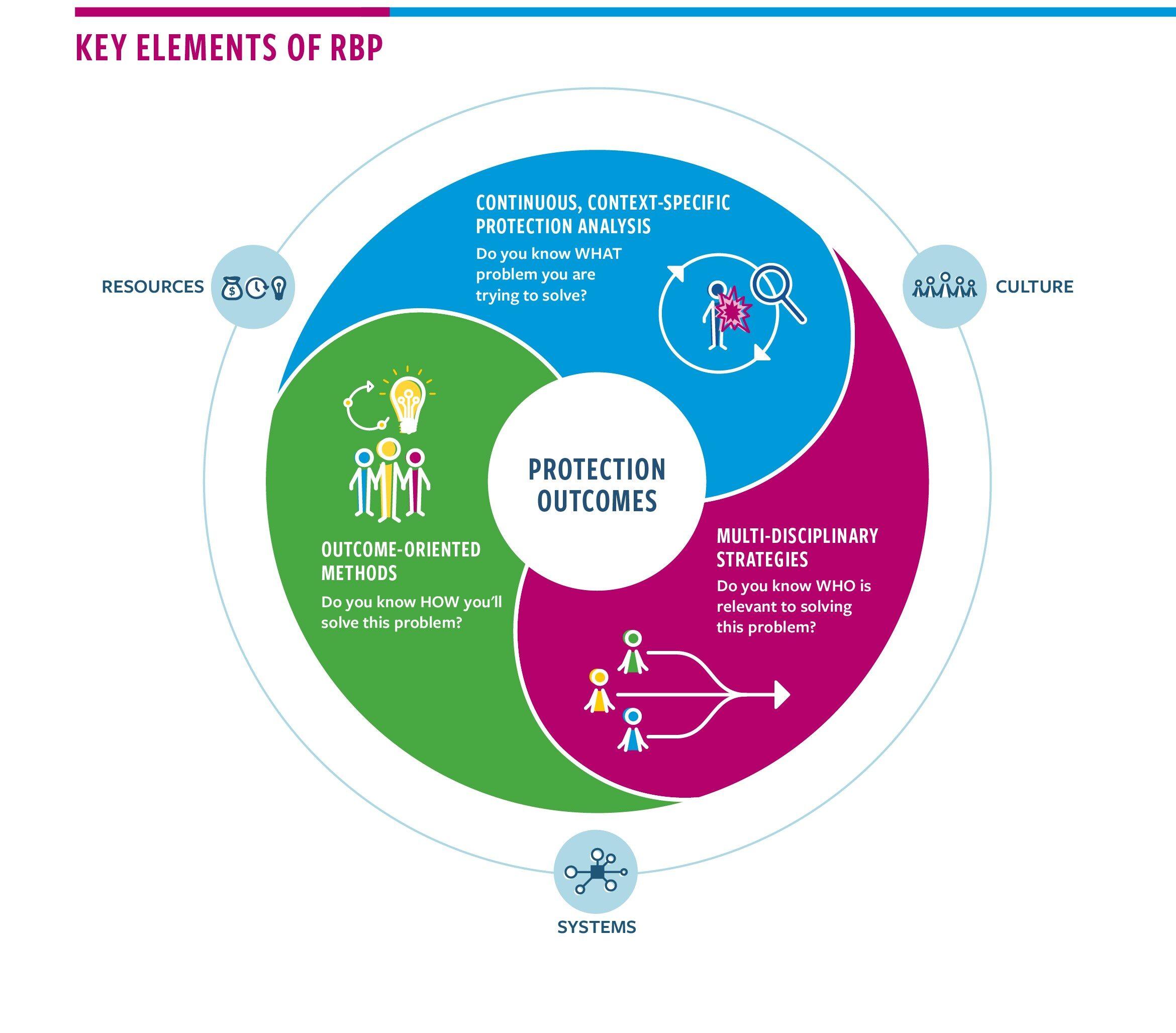In the fast-paced world of global commerce, success in logistics, transport, and shipping hinges on a delicate balance of strategic factors known as Critical Success Factors (CSFs). These vital elements play a pivotal role in ensuring the smooth flow of goods from point A to point B, offering businesses a competitive edge in an increasingly complex marketplace. Join us as we delve into the world of CSF in logistics, transport, and shipping, exploring the key ingredients that drive success in this dynamic industry.
Key Elements for Success in Logistics
When it comes to achieving success in logistics, there are several key elements that play a crucial role in ensuring efficiency and effectiveness. One of the critical success factors is having a well-organized transportation system in place. This includes having reliable modes of transport such as trucks, ships, trains, and planes to ensure timely delivery of goods.
Another important element for success in logistics is proper inventory management. This involves keeping track of stock levels, monitoring supply chain processes, and optimizing warehouse operations. By maintaining accurate inventory records and implementing efficient storage practices, companies can minimize costs and maximize productivity. Embracing technology solutions such as inventory management software can also greatly enhance efficiency in the logistics process.

Efficient Route Planning and Optimization
are crucial factors in the success of logistics, transport, and shipping companies. By utilizing advanced technologies such as GPS tracking and route optimization software, businesses can streamline their operations, reduce costs, and improve customer satisfaction. One critical success factor in this area is the ability to analyze data effectively to identify bottlenecks, optimize delivery schedules, and minimize fuel consumption.
Another key factor in efficient route planning is the ability to adapt to changing conditions in real-time. By leveraging real-time data and communication tools, companies can quickly adjust routes to avoid traffic congestion, weather disruptions, or other unexpected obstacles. Additionally, the use of predictive analytics and machine learning algorithms can help businesses anticipate future challenges and proactively optimize their routes for maximum efficiency.

Importance of Real-time Monitoring in Shipping Operations
Real-time monitoring plays a crucial role in ensuring the smooth and efficient operation of shipping logistics. By continuously tracking and analyzing data as it happens, companies can identify potential issues before they escalate, minimize delays, and make informed decisions in real-time. This level of monitoring allows for proactive problem-solving, improved communication between stakeholders, and overall optimization of the shipping process.
With the advancement of technology, real-time monitoring tools have become more sophisticated and user-friendly. These tools provide valuable insights into various aspects of shipping operations, such as route optimization, fuel consumption, temperature control, and vehicle tracking. By harnessing the power of real-time monitoring, companies can enhance their operational efficiency, reduce costs, and deliver a superior customer experience. In today’s fast-paced shipping industry, staying ahead of the curve requires the adoption of real-time monitoring as a critical success factor.
Innovative Technologies for Streamlining Transport Processes
In the fast-paced world of logistics, transport, and shipping, staying ahead of the competition requires constant innovation and the adoption of cutting-edge technologies. Leveraging innovative solutions can streamline processes, improve efficiency, and enhance overall performance. These critical success factors (CSF) are essential for companies looking to optimize their operations and deliver exceptional service to their customers.
One key technology that has revolutionized the transport industry is real-time tracking and monitoring systems. By utilizing GPS tracking devices and advanced software platforms, companies can easily monitor the location and status of their shipments at all times. This level of visibility not only improves efficiency but also allows for proactive decision-making and better management of resources. Additionally, automated scheduling and route optimization tools can help minimize delays, reduce costs, and ensure timely delivery of goods. Embracing these innovative technologies is crucial for companies looking to stay competitive in today’s rapidly evolving transport landscape.
In Conclusion
In conclusion, understanding and focusing on the Critical Success Factors (CSFs) in logistics, transport, and shipping is essential for businesses to thrive in the competitive marketplace. By identifying and addressing key factors such as cost efficiency, customer satisfaction, and operational excellence, companies can set themselves apart and ensure long-term success in the industry. It is crucial for organizations to continuously adapt and innovate in order to stay ahead of the curve and meet the evolving demands of the market. So, remember to stay vigilant and proactive in managing your CSFs to drive success in your logistics, transport, and shipping operations.
